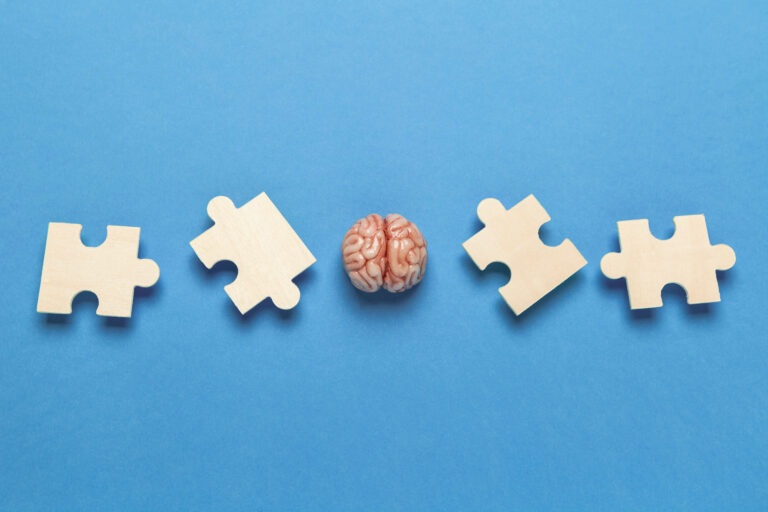Memory loss can be a concerning issue, especially when it starts early in life. While it’s common to associate memory problems with older age, experiencing memory loss in your 30s can be unsettling. However, it’s essential to understand what might be normal and what could indicate a more serious issue.
### Normal Memory Changes
As people age, even in their 30s, slight changes in memory can occur. These changes are often due to lifestyle factors rather than underlying health conditions. For instance, stress, lack of sleep, and multitasking can affect memory. Additionally, significant life events or hormonal changes, such as those experienced during pregnancy or menopause, can also impact memory.
### Potential Causes of Memory Loss
There are several factors that might contribute to memory loss in younger adults. These include:
– **Stress and Anxiety**: High levels of stress can impair memory by affecting the brain’s ability to process information effectively.
– **Sleep Deprivation**: Poor sleep quality or insufficient sleep can significantly impact memory and cognitive function.
– **Nutritional Deficiencies**: Lack of essential nutrients like vitamin B12 can lead to memory problems.
– **Head Injuries**: Traumatic brain injuries can cause memory issues, even years after the incident.
– **Substance Use**: Excessive alcohol consumption or smoking can negatively affect memory.
### When to Be Concerned
While many cases of memory loss in younger adults are not indicative of serious conditions, there are situations where it’s crucial to seek medical advice. If you notice significant changes in your memory, such as difficulty remembering familiar words, getting lost in familiar places, or experiencing mood swings, it might be wise to consult a healthcare professional.
In rare cases, memory loss in younger adults can be a sign of early-onset dementia, which can start as early as the 30s or 40s. However, this is relatively uncommon and accounts for only a small percentage of dementia cases.
### What You Can Do
Maintaining a healthy lifestyle can help support brain health and reduce the risk of memory problems. This includes:
– **Regular Exercise**: Physical activity improves blood flow to the brain and boosts cognitive function.
– **Balanced Diet**: Eating a diet rich in fruits, vegetables, and omega-3 fatty acids supports brain health.
– **Stress Management**: Engaging in stress-reducing activities like meditation or yoga can help manage stress levels.
– **Adequate Sleep**: Ensuring you get enough quality sleep each night is vital for memory consolidation.
By understanding the potential causes of memory loss and taking proactive steps to maintain a healthy lifestyle, you can better manage any concerns you might have about your memory in your 30s.





